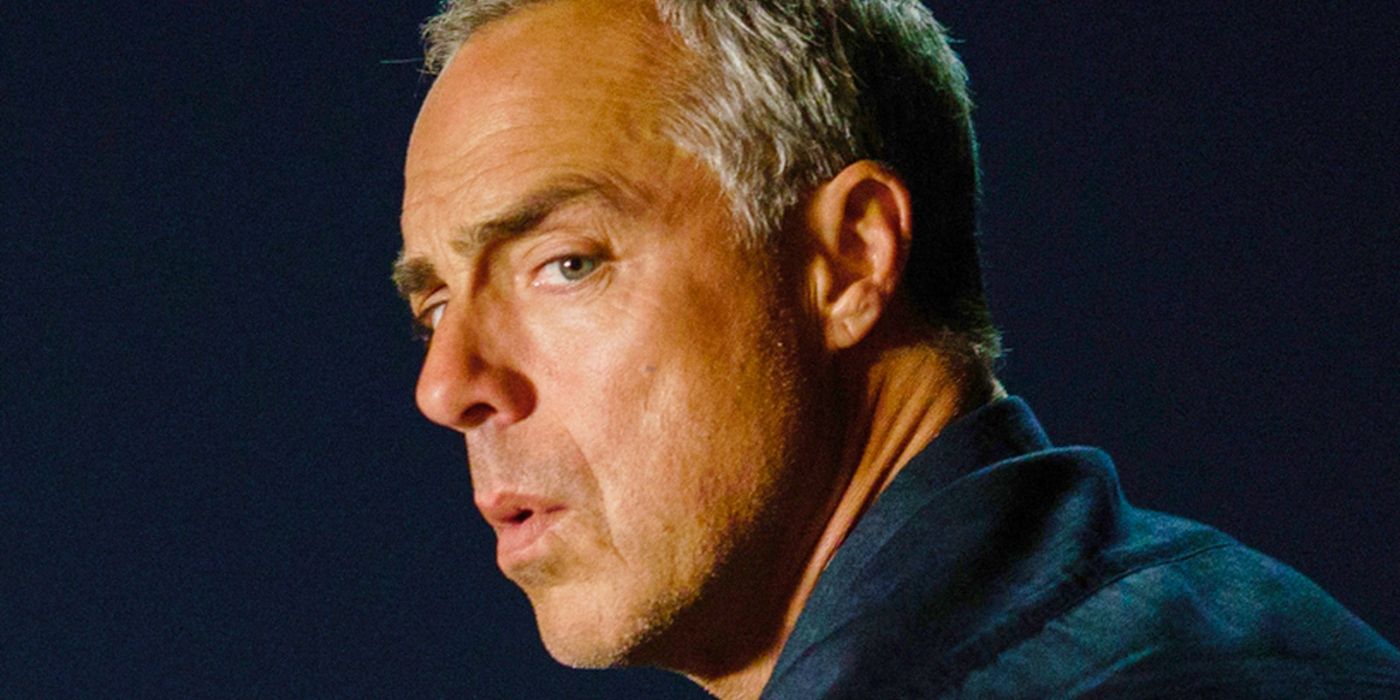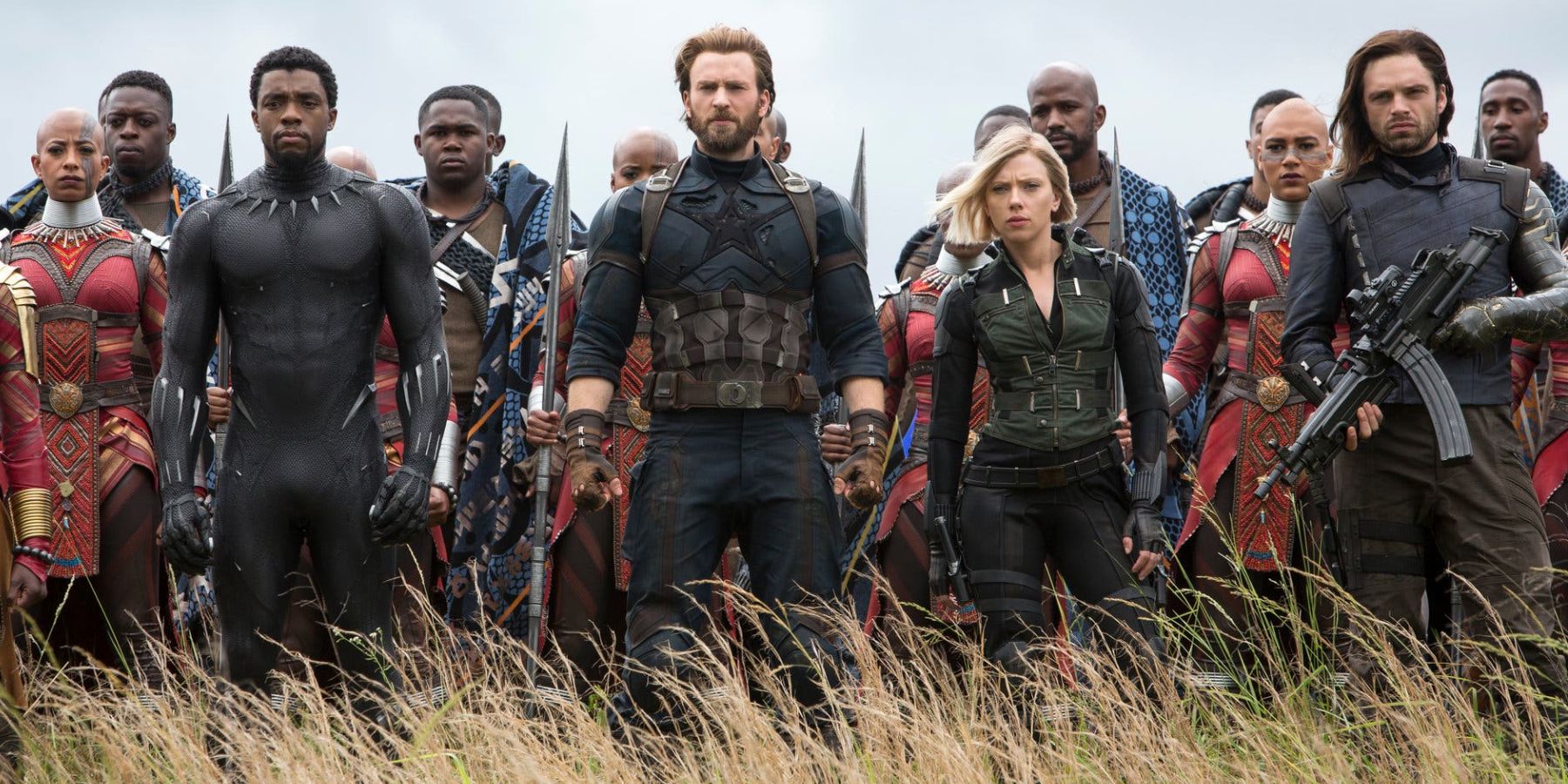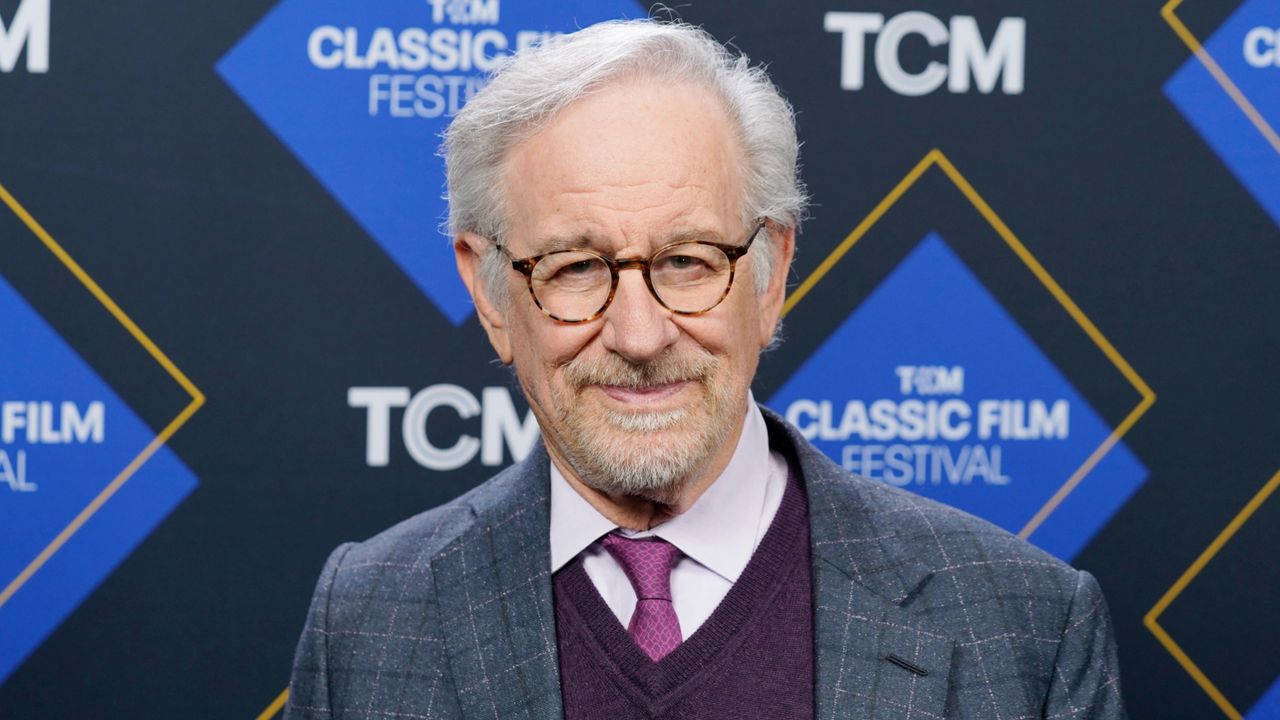Bosch’s Cancellation is a Modern-Day David vs. Goliath: Fans Demand Justice for Their Beloved Detective as Amazon Turns a Blind Eye to Viewer Passion and Loyalty
Fans want Harry Bosch, and they’re making their voices heard about it. Despite being one of Prime Video’s most acclaimed and consistently performing franchises, Michael Connelly’s Bosch universe has been cut short, but fans are fighting back, as the show has stormed its way back into Prime Video’s Top 10, showing that the appetite for more Harry Bosch is as strong as ever. The numbers speak volumes: audiences still want Titus Welliver’s detective front and center, not sidelined for cameos in spin-offs, or worse, not at all.
The cancellation of a beloved television series often ignites a firestorm of debate among fans, critics, and industry insiders alike. In the case of “Bosch,” a show that has garnered critical acclaim and a loyal following, the decision to end the series has left many feeling disillusioned and frustrated. The fervor surrounding the cancellation is not merely a reflection of viewer disappointment; it speaks to larger themes of audience engagement, corporate decision-making, and the evolving landscape of streaming services.
“Bosch,” based on the novels by Michael Connelly, has been a staple of Prime Video since its debut. The show, featuring Titus Welliver as the titular detective, has not only received praise for its storytelling and character development but has also consistently performed well in terms of viewership. The series has built a dedicated fan base that has rallied around its gritty portrayal of crime and justice in Los Angeles. The show’s success can be attributed to its strong writing, compelling performances, and its ability to resonate with audiences on a personal level.
However, the decision to cancel “Bosch” raises questions about the priorities of streaming platforms. In an era where content is king, the competition for viewers’ attention is fierce. Streaming services are constantly evaluating their libraries, often making decisions based on viewership metrics and perceived profitability. While “Bosch” has performed well, the shift towards spin-offs and franchise expansion can sometimes overshadow the original series that laid the groundwork for success. This trend reflects a broader industry pattern where established properties are often sidelined in favor of new, potentially more lucrative ventures.
The backlash from fans has been swift and vocal. Social media platforms have become a battleground for those advocating for the return of “Bosch.” Hashtags, petitions, and online campaigns have emerged, demonstrating the passionate commitment of the show’s audience. Fans are not merely expressing disappointment; they are demanding recognition of their loyalty and investment in the series. This grassroots movement highlights the power of viewer engagement in the digital age, where audiences can mobilize and make their voices heard in unprecedented ways.
The situation also raises important questions about the relationship between creators and audiences. In the past, television shows were often at the mercy of network executives who made decisions based on ratings and advertising revenue. However, the rise of streaming platforms has shifted this dynamic. Viewers now have more power than ever to influence the fate of their favorite shows. The success of “Bosch” in reclaiming a spot in Prime Video’s Top 10 is a testament to this shift. It underscores the idea that audiences are not passive consumers but active participants in the media landscape.
Moreover, the cancellation of “Bosch” can be seen as part of a larger trend within the entertainment industry. As streaming services continue to expand their offerings, there is a growing emphasis on creating content that appeals to a broad audience. This often leads to the prioritization of high-concept projects that promise to attract new subscribers over nurturing existing franchises. In this context, “Bosch” serves as a case study in the complexities of audience loyalty and corporate strategy.
The show’s cancellation also raises concerns about the future of storytelling in the streaming era. As platforms increasingly focus on franchise-building and spin-offs, there is a risk that unique, character-driven narratives may be sacrificed in favor of formulaic content designed to maximize viewership. This trend can lead to a homogenization of storytelling, where originality takes a backseat to marketability. The passionate response from “Bosch” fans serves as a reminder that audiences crave authenticity and depth in their entertainment.
As the debate surrounding “Bosch” continues, it is essential to consider the implications of this cancellation for the broader television landscape. The show’s loyal fan base is not just advocating for the return of a single series; they are championing the value of storytelling that resonates on a human level. The emotional investment that viewers have in characters like Harry Bosch reflects a desire for narratives that explore the complexities of the human experience.
In the coming months, it will be interesting to see how the industry responds to the outcry from “Bosch” fans. Will streaming platforms take note of the passionate viewer engagement and reconsider their approach to cancellations? Or will the trend towards prioritizing new content continue to dominate the landscape? The future of “Bosch” may be uncertain, but the fervor of its fans is a powerful reminder of the impact that dedicated audiences can have in shaping the direction of television.
The cancellation of “Bosch” serves as a microcosm of the challenges facing the entertainment industry today. As streaming services grapple with the demands of a rapidly changing market, the voices of viewers will continue to play a crucial role in shaping the future of television. The passionate advocacy for Harry Bosch is not just about one detective; it is about the enduring power of storytelling and the importance of honoring the connections that audiences forge with their favorite characters.
Fans want Harry Bosch, and they’re making their voices heard about it. Despite being one of Prime Video’s most acclaimed and consistently performing franchises, Michael Connelly’sBosch universe has been cut short, but fans are fighting back, as the show has stormed its way back into Prime Video’s Top 10, showing that the appetite for more Harry Bosch is as strong as ever. The numbers speak volumes: audiences still want Titus Welliver’s detective front and center, not sidelined for cameos in spin-offs, or worse, not at all.




